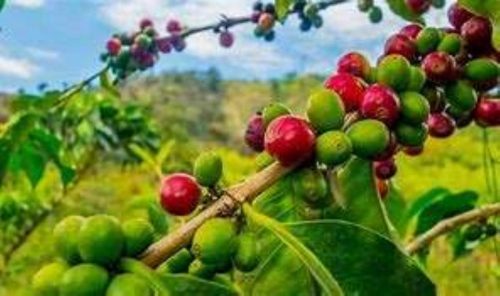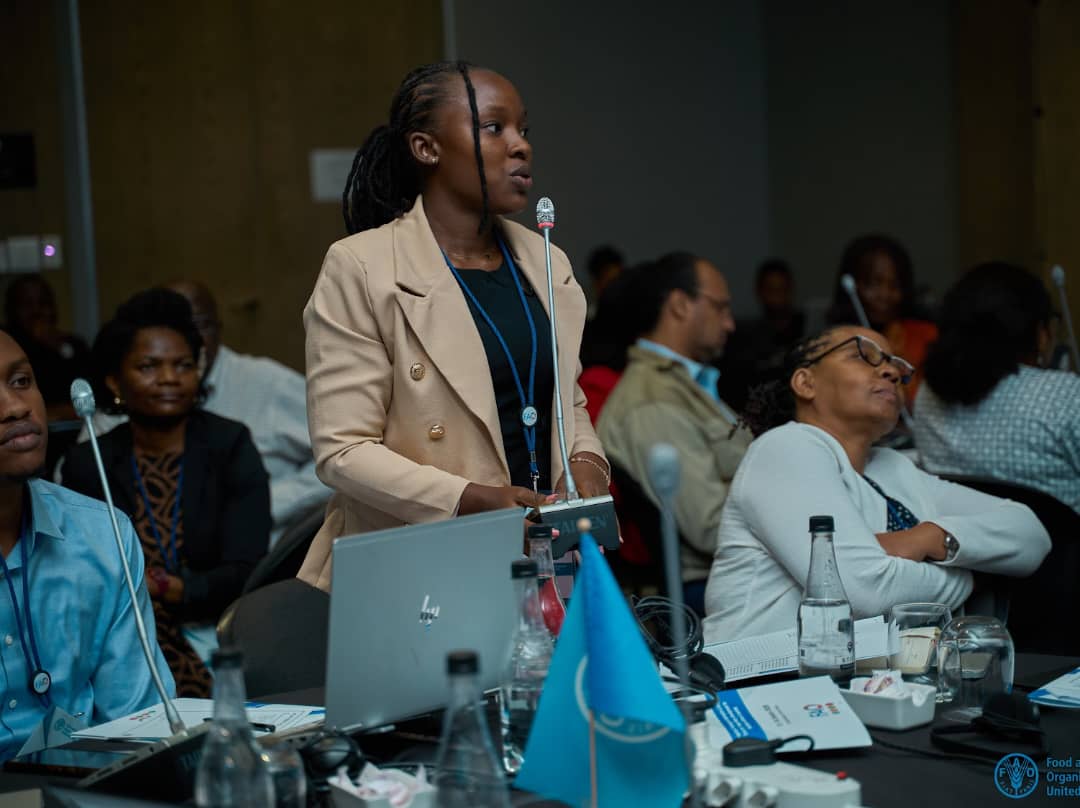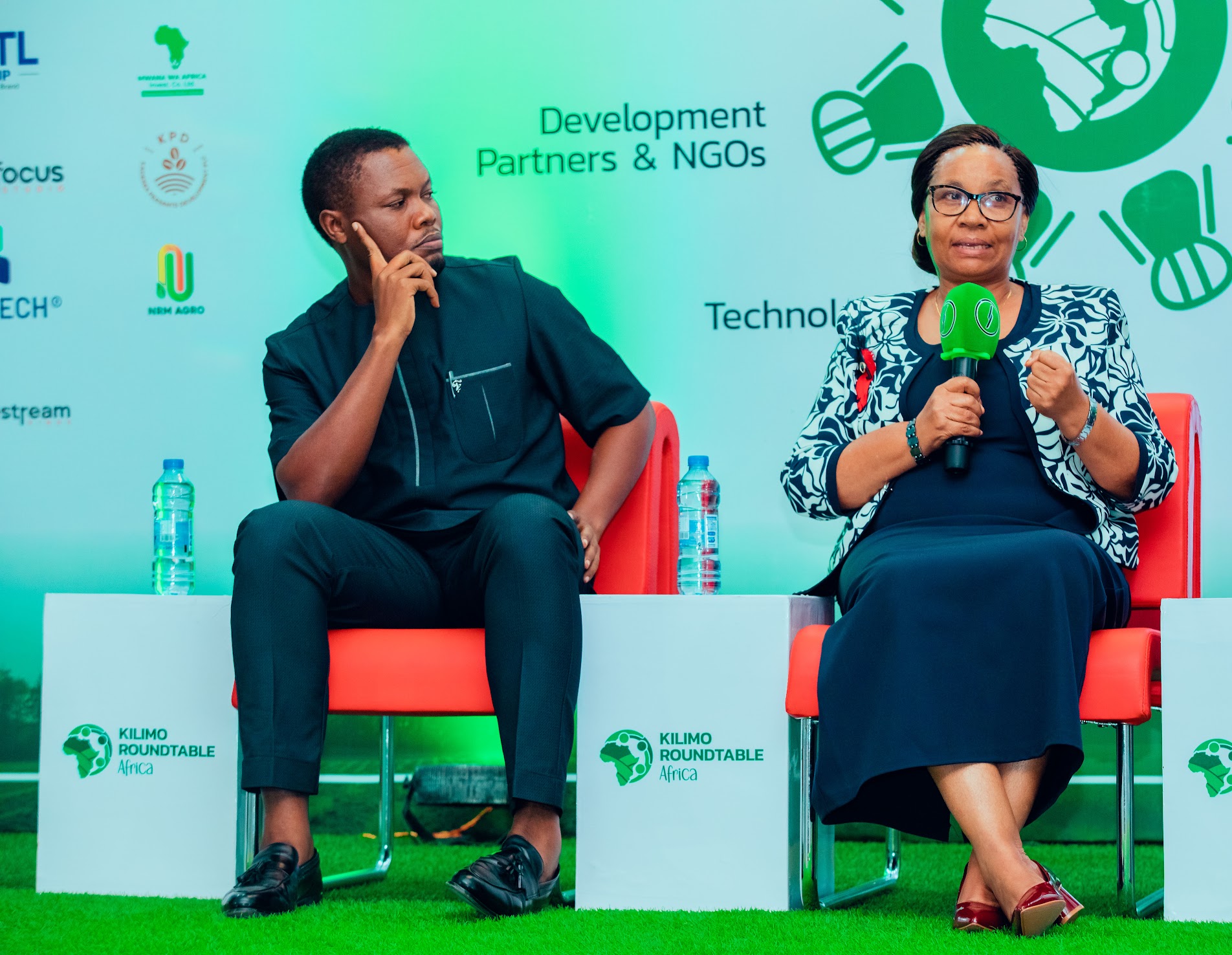Reuben M.J. Kadigi a, Elizabeth Robinson b, Sylvia Szabo c, Joseph Kangile a, Charles P. Mgeni a, Marcello De Maria d, Takuji Tsusaka e, Brighton Nhau e
a: College of Economics and Business Studies, Sokoine University of Agriculture, P.O. Box 3007, Chuo Kikuu, Morogoro, Tanzania
b: The Grantham Institute on Climate Change and the Environment at the London School of Economics, Houghton Street, London WCZA 2AE, UK
c: Department of Social Welfare Counselling, College of Future Convergence, Dongguk University, Seoul 04620, South Korea
d: Department of Applied Economics and Marketing, School of Agriculture, Policy and Development, University of Reading, Reading RG6 6EU, UK
e: Department of Development and Sustainability, Asian Institute of Technology, Pathum Thani 12120, Thailand
Abstract
The purpose of this paper is to investigate the Solow-Swan’s proposition that poorer countries grow faster than richer countries causing declining income disparities across countries. The role of coffee trade in income convergence is also analysed to enrich our understanding of whether traditional cash export crops, like coffee, contribute significantly to income convergence. We found that, GDP per capita was growing faster amongst coffee producers than coffee re-exporters, supporting the Solow-Swan’s model. However, coffee export values and shares decreased with convergence for green coffee producers while increasing among re-exporters, implying unequal distribution of benefits along the global coffee value chain.
Click here to download:https://www.coebs.sua.ac.tz/tradeinvestment/wp-content/uploads/2022/06/1-s2.0-S2666188822000168-main-1.pdf




